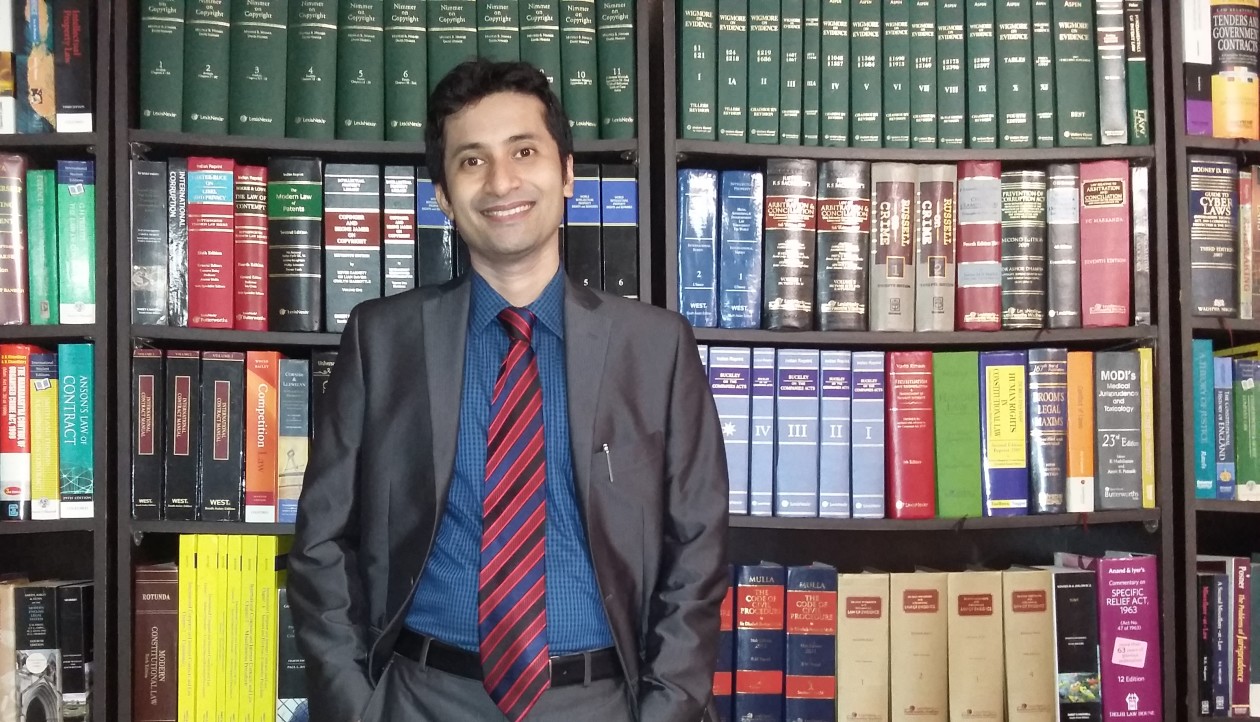The Colombian president, Juan Manuel Santos, recently won the Nobel Peace Prize for pursuing a deal to end 52 years of conflict with the FARC, even though the peace deal was shockingly voted down in a referendum. The FARC is the Fuerzas Armadas Revolucionarias de Colombia (the Revolutionary Armed Forces of Colombia) which is a left rebel group that since 1964 has continuously waged a war against the Colombian government. This war has claimed over 220,000 lives and internally displaced more than 6 million people. The deal came after four years of negotiations in Cuba between government and rebel negotiators. The historic signing was from a pen made from a bullet to sign the peace deal. Dignitaries attending the ceremony included UN Secretary General Ban Ki-moon, Cuban President Raul Castro and US Secretary of State John Kerry.
Santos and the leader of the FARC, Rodrigo Londoño, also known as Timochenko, were both considered contenders for the prize after signing the peace deal last month to end 52 years of war. Santos beat competition from various organizations and individuals including the Syrian White Helmets, whistle-blower Edward Snowden, Angela Merkel, Pope Francis and doctor Denis Mukwege.
The Nobel Committee has always recognised the contributions of leaders who have put serious efforts to bring peace through negotiated settlements. For the efforts in ending the Russo-Japanese war, President Theodore Roosevelt was awarded the Nobel Prize in 1906. Again Sir Austen Chamberlain, Aristide Briand, Gustav Stresemann and Charles Dawes were awarded the Nobel Prize for the Locarno peace deal between France and Germany. African American Ralph Johnson Bunche was honoured with the award in 1950 for successful negotiation which bought an end to the Arab-Israeli war. For the Oslo Peace Accords Shimon Peres, Yasser Arafat and Yitzhak Rabin won the prize in 1994. Le Duc Tho and American diplomat Henry Kissinger won the award in 1973 for the ceasefire agreement between United States of America and Vietnamese Democratic Republic. Menachem Begin and Anwar Sadat won the prize in 1978 for the Camp David Accord to bring peace between Egypt and Israel. In 1996, the Nobel Prize was awarded to Carlos Belo and Jose Ramos-Horta for bringing a peaceful solution to the conflict in East Timor. John Hume and David Trimble won the prize in 1998 for the Good Friday Agreement to find a peaceful solution to the conflict in Northern Ireland.
Colombia has been dealing with insurgency for a long time. Reasons are not hard to fathom. The absence of state authority in rural areas, poverty, inequitable land distribution and widespread lawlessness have resulted in such an disturbed state of affairs. Under the now rejected 297-page peace agreement, the FARC’s fighters would have disarmed, handing over weapons to United Nations inspectors, and become a legal political party with ten guaranteed seats in the country’s Congress. But former President Alvaro Uribe who after coming to power in 2002 cracked down on the FARC is now leading the opposition to the peace deal. He is widely credited with having achieved the military gains that forced the FARC to the negotiating table. Uribe suggests that getting amnesty breaks the rule of law.
Awarding of Nobel Prize to President Juan Manuel Santos has revived hopes for the agreement with the FARC. Now renewed negotiations are underway and eventually a tweaked agreement may pass the plebiscite finally ending the continuing agony of the unfortunate Colombians.
